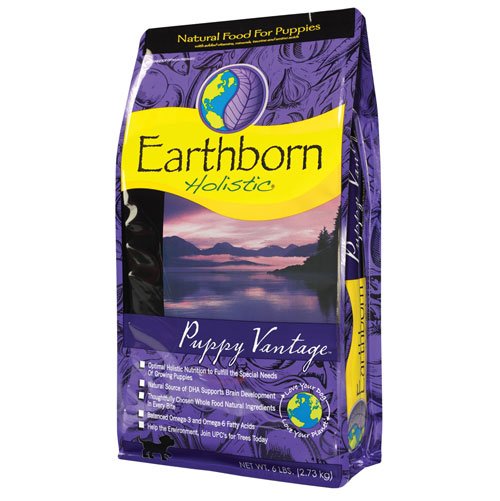The RIGHT Nutrition for your dog?
Dog nutition is an area where there are innumerable opinions and no single opinion is correct.  Much research has been performed on the subject and, although some is indeed conflicting, some basic principles and guidelines have emerged. For example, horses have different requirements than people and people have different requirements than dogs. Young dogs have different requirements than old dogs and exercising dogs have different requirements than lap dogs.
Much research has been performed on the subject and, although some is indeed conflicting, some basic principles and guidelines have emerged. For example, horses have different requirements than people and people have different requirements than dogs. Young dogs have different requirements than old dogs and exercising dogs have different requirements than lap dogs.
Although dog food companies do a pretty good job at providing fairly well-balanced nutrition for the average dog, there are some conflicting issues that make them subject to scrutiny before one walks into a pet store and picks up just “any ‘ole food.”
For one thing, every dog food company needs to make a profit. Therefore, they need to use ingredients that are inexpensive enough for the food to be profitable because the consumer won’t buy it if it is too expensive. Secondly, the more shelf space taken up by a single company ‘s brand of food, the more likely it is that the consumer will see the food and buy it in the first place. Most puppies, for example, do just as well on “adult” dog food as they do on “puppy” food as long as you know what to look for on a label. Pictured above is Puppy Vantage – Earthborn Holistic food – a favorite of ours.
As long as the “fine print” on the label says that the food meets the nutritional requirements for growth, then you may feed it to your puppy. However, a company that sells food for both puppies and adults has twice the shelf space than one which sells only one type of food. Quality is a different issue and we will discuss that later. The issue of adult dog food vs. puppy dog food is also affected by the fact that we, as consumers, are programmed to think that the food has to be different. For large breed puppies that grow quickly and are prone to hip dysplasia and other bone and joint disorders, over-nutrition can actually be harmful. These puppies need to stay lean as they grow. Therefore, the extra calories and protein found in many puppy foods may actually be detrimental if the puppies are overfed.
A fourth issue is one of convenience: most dog owners would balk at the thought of providing whole, freshly killed prey so that their dogs could eat, not only the meat, but the organs and partially digested stomach contents, and then chew on the bones. The little chunks of processed dry food or the easily opened cans are addicting to us. Zoos found out a long time ago that tigers do better on at least some raw meat. One would have to wonder if our pets are all that different. Standard commercial diets keep 99% of the dogs in our lives very healthy. It is that last 1% that we need to be knowledgeable enough to feed properly.
